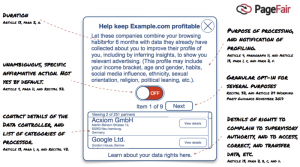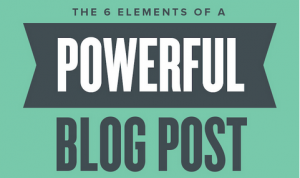A contact-us form may look like an email opt-in form. But they are not the same even though they both require your name and email.
This may be obvious but it’s a question I regularly get.
So how are these different? And do we need both?
Where they are similar:
- They both collect email and name
- They may even look similar
And the similarities stop there.
These are used for different objectives and one does not replace the other. Let’s see how they are different.
An eMail Opt-in Form
This is an invitation to the visitor to keep in touch via email in exchange for something in exchange that is of value to the visitor.
When the web visitor hands over his email address, he is explicitly granting permission to be contacted about the opt-in, whether that is about a mini-ecourse through a series of emails, a free report, regular newsletter or a free consult.
The email address collected here is responded to automatically by an email system, making sure every web visitor gets the same information about your service while saving you some time too.
When a visitor hands over his email address to hear from you on a regular basis, you have the opportunity to warm the business relationship through continual helpful tips offered in your newsletter, eguide or mini series.
Contact-us Forms
A contact-us form, on the other hand, requires manual response and the topic does vary. Having a contact us allows web visitors to leave you a message or to make an initial inquiry.
Since visitors are looking forward to a response, we need an email address to follow up.
However, the visitor is not expecting that you continue to send him commercial emails about products or services he has not inquired about. This is an inquiry about a specific matter.
Weekend Reflection
So why would you need both?
It boils down to respecting the web visitor’s desire and giving him / her what she wants.
Weekend Reflection: getting specific permission before sending out commercial emails is respecting the web visitors. This goes a long way in building web authority and credibility as you build your audience via email marketing.
Forcing your emails onto someone (no matter how good your content is) who only wants a quick answer will not win you any credit or sales.
(164)
Report Post






